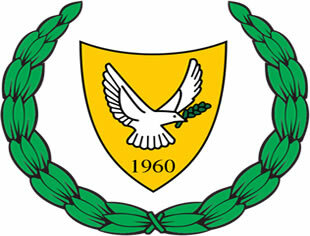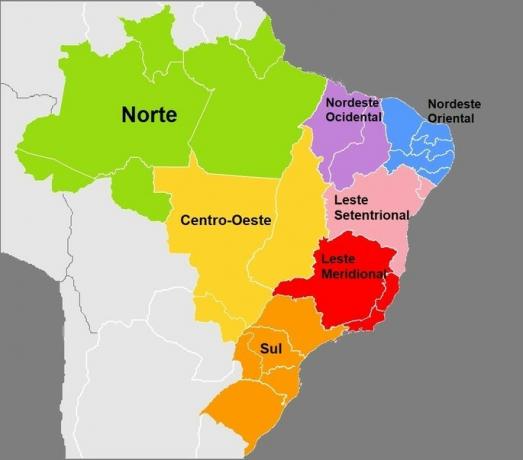Located in the Mediterranean Sea, the territory of Cyprus, geographically, belongs to the Asian continent, in the portion called the Middle East. However, the country has great historical, cultural and economic influence in Europe, proof of this is that the southern portion, inhabited by a population of Greek origin, is part of the European Union (EU). The country is the scene of conflicts between Turks (Muslims) and Greeks (Christians).
Cyprus is inhabited by two communities: Greek-Cypriot and Turkish-Cypriot. The diversity between these two ethnic groups and the disputes for political power motivated the Turks to divide the territory, however, the Greeks were against such a measure. During the 1970s, the Turkish Republic of Northern Cyprus was proclaimed, recognized only by Turkey. Aiming to establish peace in the country, the United Nations (UN) declared Cyprus a bi-communitarian and bi-regional nation, in addition to establishing troops in that country.
The national economy has different aspects: the Turkish portion is underdeveloped, on the other hand, the territory Greek-Cypriot has a strong and constantly rising economy, a fact driven by its entry into the European Union in 2004. Agriculture is based on the planting of fruits, especially citrus. Tourism is one of the main sources of income in the country, which has beautiful beaches, in addition to the Archaeological Site of Paphos, Byzantine churches and monasteries on the Troodos Mountains and the Archaeological Site of Choirokoitia, considered heritage sites of the humanity.
According to data released in 2010 by the UN, Cyprus, with an average of 0.810, has a very high Human Development Index (HDI). Among the factors that contribute to this index are: only 2.3% of the inhabitants are illiterate; the infant mortality rate is 5 for every thousand live births; life expectancy is 79 years and environmental sanitation services are intended for 100% of homes.
Do not stop now... There's more after the advertising ;)

Cyprus Coat of Arms
Cyprus data:
Territorial extension: 9,251 km².
Location: Middle East.
Capital: Nicosia.
Climate: Mediterranean.
Government: Presidential Republic.
Administrative division: 6 districts.
Language: Greek and Turkish (official).
Religions: Greek portion: Christianity 93.7% (Orthodox 85.7%, other 8%), no religion and atheism 5%, other 1.3%. Turkish portion: Islam 97.9%, Christianity 1.7%, no religion and atheism 0.4%.
Population: 871,036 inhabitants. (Men: 424,141; Women: 446,895).
Composition: Greek Portion: Greco-Cypriots 96%, another 4%. Turkish portion: Turkish Cypriots 99%, Greek Cypriots and other 1%.
Demographic density: 94 inhabitants/km².
Average annual population growth rate: 1%.
Population residing in urban areas: 70.06%.
Population residing in rural areas: 29.94%.
Life expectancy at birth: 79 years.
Households with access to drinking water: 100%.
Households with access to a health network: 100%.
Human Development Index (HDI): 0.810 (very high).
Currency: Euro (Greek portion) and New Turkish Pound (Turkish portion).
Gross Domestic Product (GDP): $21.3 billion.
GDP per capita: $27,465.
External relations: World Bank, Commonwealth, IMF, WTO, UN, EU.
By Wagner de Cerqueira and Francisco
Graduated in Geography
Brazil School Team
countries - geography - Brazil School


